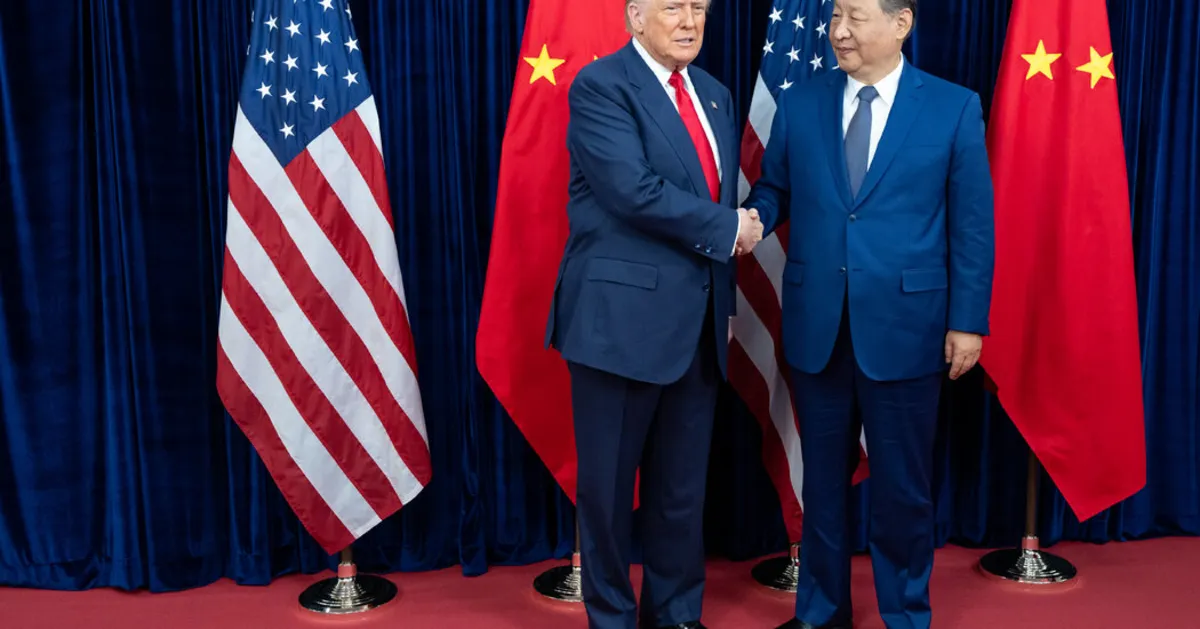
In a significant diplomatic move, President Trump has accepted an invitation from China's leader, Xi Jinping, to visit Beijing in April. This invitation was extended during a phone call between the two leaders on Monday morning, where they discussed various issues related to bilateral relations and ongoing geopolitical tensions.
During the call, President Trump and Xi Jinping addressed several pressing topics, including the decline in Chinese purchases of American soybeans, as well as the situations in Ukraine and Taiwan. This conversation follows a recent summit between the leaders in South Korea, where they reached an agreement to implement a yearlong truce. This truce has effectively rolled back many of the tariffs that President Trump had previously imposed on China, along with the retaliatory measures from Beijing.
In a social media post later that afternoon, President Trump characterized the call as a “very good telephone call.” He highlighted the discussions surrounding Ukraine, China’s exports of chemicals used to manufacture fentanyl, and the nation’s purchases of agricultural products from the U.S. Trump referred to the call as a “follow up to our highly successful meeting in South Korea,” emphasizing that both sides had made significant progress in fulfilling their commitments.
“Now we can set our sights on the big picture,” President Trump stated, adding that “to that end, President Xi invited me to visit Beijing in April, which I accepted.” In a reciprocal gesture, Trump indicated that Xi would be his guest for a State Visit in the U.S. later this year. This exchange illustrates a commitment to fostering stronger ties between the two nations.
According to Chinese state media, the leaders discussed the situation in Ukraine and emphasized the importance of maintaining positive momentum in their relationship since the South Korea meeting. Xi Jinping reiterated China’s “principled position” on Taiwan—a self-governing island that China claims as part of its territory. He underscored that “Taiwan’s return to China is an important part of the postwar international order,” as reported by state media.
Notably, President Trump had previously stated that Taiwan did not arise during their discussions in South Korea, indicating the complexities involved in the U.S.-China relationship.
This upcoming visit to Beijing marks a pivotal moment for both leaders as they navigate critical issues affecting not only their nations but also the global landscape. The commitment to ongoing dialogue could pave the way for future cooperation and conflict resolution between the United States and China.